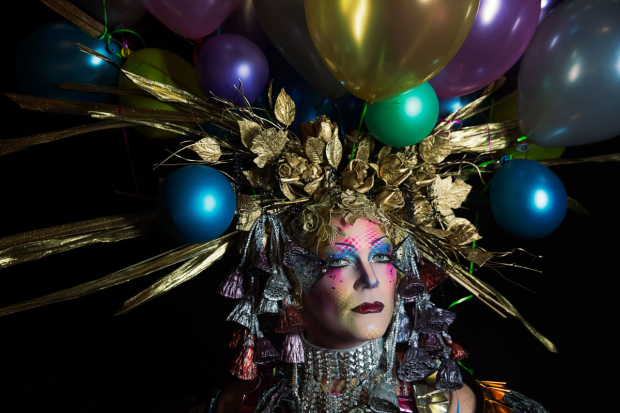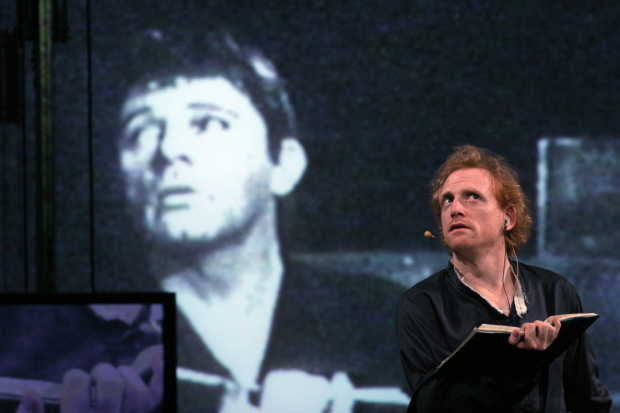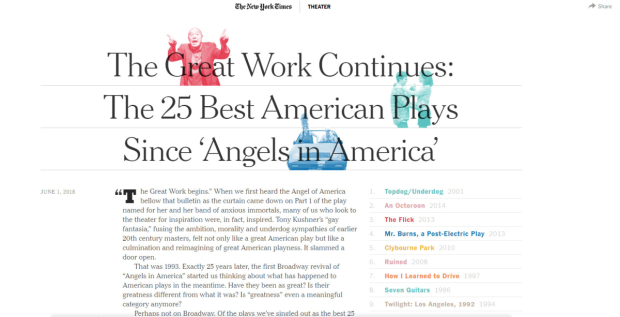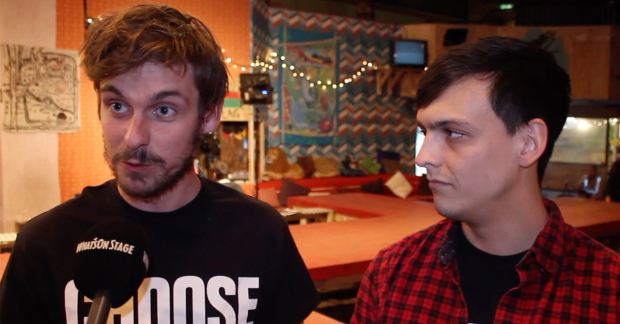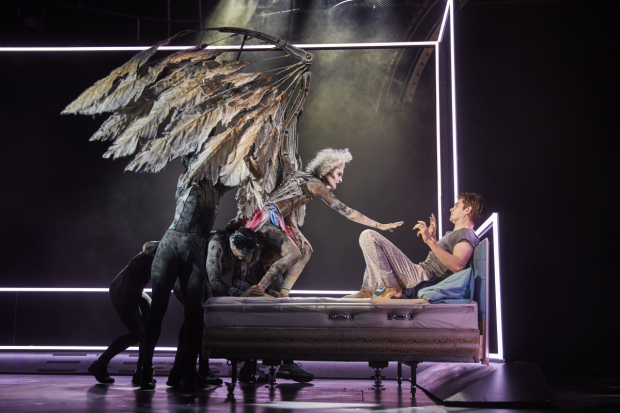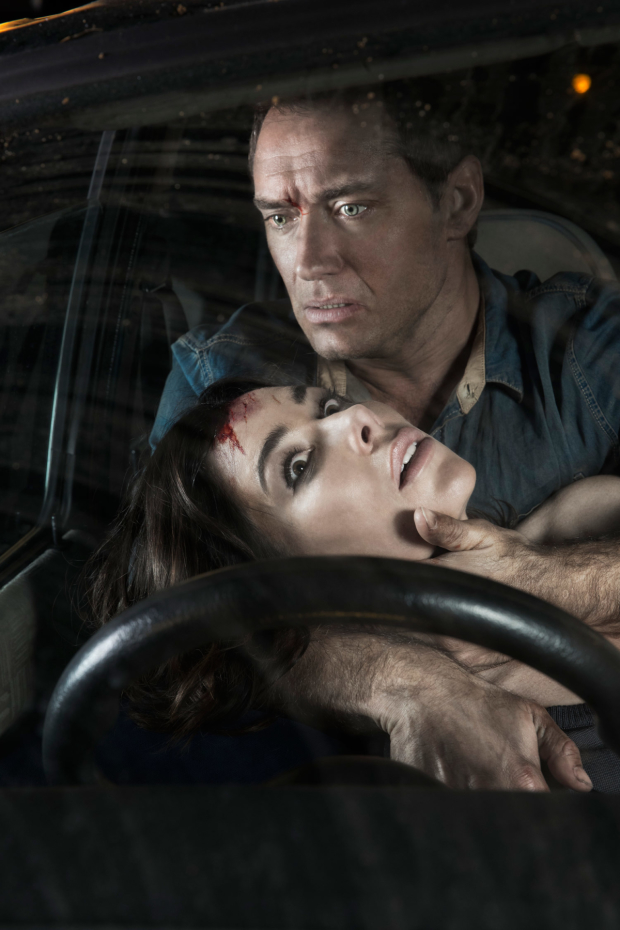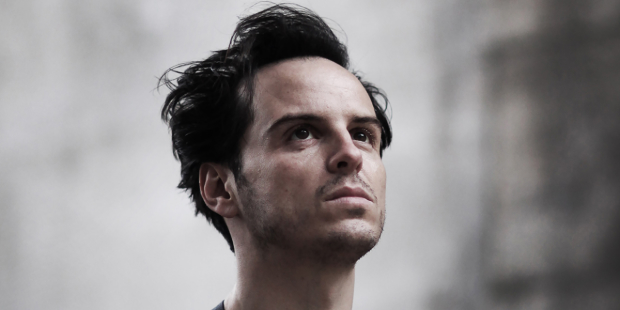Review: The Town Hall Affair (Barbican Theatre)
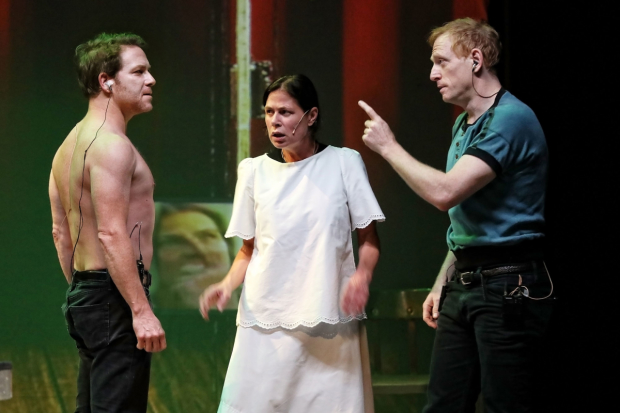
© Steve Gunther
In 1971, in one of the stranger annals of the history of feminism, the pugilistic novelist Norman Mailer 'moderated' a debate on feminism – titled "A Dialogue on Women's Liberation" – at a venue called the Town Hall in New York. Various feminists refused to take part, rightly reckoning that Mailer, who had just written a provocative attack on their movement in The Prisoner of Sex, was more interested in expressing his views than listening to theirs.
But Germaine Greer, riding on the success of The Female Eunuch, was there, draped in fox fur and a slinky dress, so was the critic Diana Trilling, the president of the National Organisation of Women Jacqueline Ceballos and Jill Johnson, radical lesbian and writer for Village Voice. The entire shambolic, thrilling, provocative mess was caught on film by DA Pennebaker and Chris Hegedus.
It's that documentary – Town Bloody Hall – that provides the starting point for this interpretation of the event by the avant-garde theatre company The Wooster Group, directed by their legendary director Elizabeth LeCompte. Extracts play on a screen overhead, as actors including Maura Tierney (of ER and The Affair fame, and the originator of this project) enact the same scene in front of it.
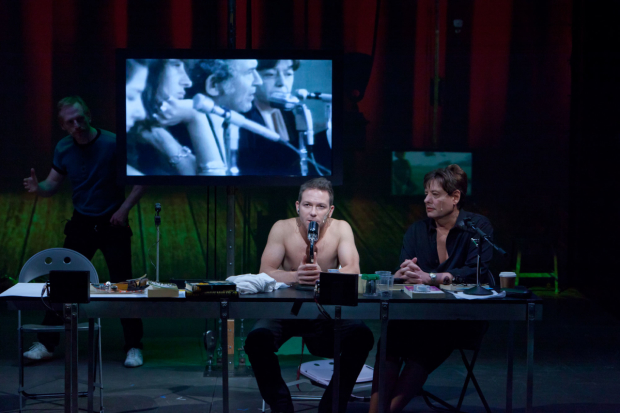
© Hervé Véronèse
The mirroring (aided by earpieces that enable them to reproduce the exact rhythms and intonations of the speakers on film) is uncanny. Tierney doesn't look like Greer but she catches her intellectual fire, her insouciant confidence. Two actors playing the drawling, rattled Mailer – Scott Shepherd and Ari Fliakos – emphasising not only his grating arrogance but also the glamour and deference that "the masculine artist", as Greer discusses, still attracted at the time.
But The Wooster Group changes the emphasis by putting Johnston at the heart of things. Played by Kate Valk, with lolloping grace and an uncanny approximation of her slow, slack-jawed smile, Johnston's brilliant, disruptive speech about the need for all women to be lesbians is given its full weight. The action is framed by extracts from her book Lesbian Nation, which makes the point that the event should never have been held since it suggested that the justice of feminism was "a debatable issue". "It was the victory of the season, as a social event," she adds laconically.
The show is presented inside the Barbican's stage space in order to recreate the Group's intimate New York auditorium. As it progresses, it becomes increasingly weird. Scenes from another movie Maidstone, in which Mailer starred as a celebrity film director running for President, appear and are enacted; the notorious incident where he and actor Rip Torn became engaged in a fight with fists and a hammer is staged, while a child screams for it to stop. Mailer mentions "theatre of ideas" and characters don coloured crowns, as in Artaud. I think. There is beautiful singing, of romantic popular songs.
It is all very strange, but utterly, utterly engrossing, superbly and intensely performed. Its effect is to bring a historical debate to life, to inject it with new passion, to make us see the past (and particularly Greer and Johnston) through the clearer eyes of where we are now. The debate may at some levels be more an event than a conversation, but the intelligence of the discourse and the quality of engagement feels rare nowadays. It seemed to matter. It still does.



